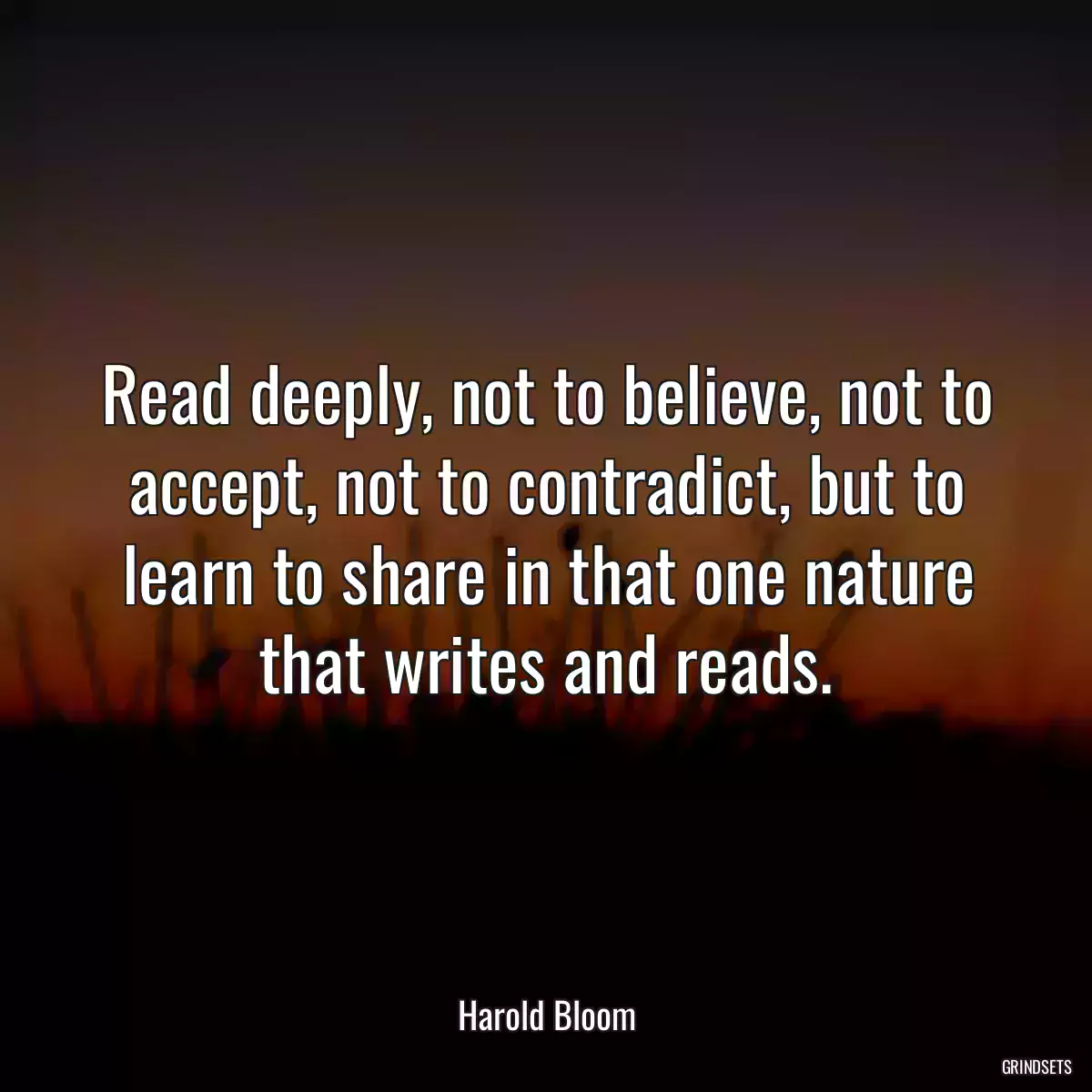
Read deeply, not to believe, ...

More phrases
It really is all about believing in yourself: 80 per cent mental, 20 per cent physical.
Victoria Pendleton
I believe however that peace is attainable regardless of the Arabs mentality, society or government.
Yitzhak Rabin
You have inside you the capacity to invest your mental, emotional, and spiritual gifts in a way that glorifies God, impacts the world, and satisfies your own soul. I believe that-and I want you to believe it, too.
David Jeremiah
The 'Goonies' are a close knit group. They believe in themselves, even though there are doubters throwing darts at them outside...'Goonies never say die.' That's pretty in line with the mentality of our team.
Robin Lopez
I believe that there's no improvement if you have an inferiority complex and victim mentality.
Kim Nam-joon
Quotes from the same author
Not a moment passes these days without fresh rushes of academic lemmings off the cliffs they proclaim the political responsibilities of the critic, but eventually all this moralizing will subside.
Harold Bloom
I have read all of Daniel Aaron's books, and admired them, but in The Americanist I believe he has composed an intellectual and social memoir for which he will be remembered. His self-portrait is marked by personal tact and admirable restraint: he is and is not its subject. The Americanist is a vision of otherness: literary and academic friends and acquaintances, here and abroad. Eloquently phrased and free of nostalgia, it catches a lost world that yet engendered much of our own.
Harold Bloom
I realized early on that the academy and the literary world alike
Harold Bloom
I realized early on that the academy and the literary world alike - and I don't think there really is a distinction between the two - are always dominated by fools, knaves, charlatans and bureaucrats.
Harold Bloom
What is literary tradition? What is a classic? What is a canonical view of tradition? How are canons of accepted classics formed,and how are they unformed? I think that all these quite traditional questions can take one simplistic but still dialectical question as their summing up: do we choose tradition or does it choose us, and why is it necessary that a choosing take place, or a being chosen? What happens if one tries to write, or to teach, or to think, or even to read without the sense of a tradition? Why, nothing at all happens, just nothing.
Harold Bloom